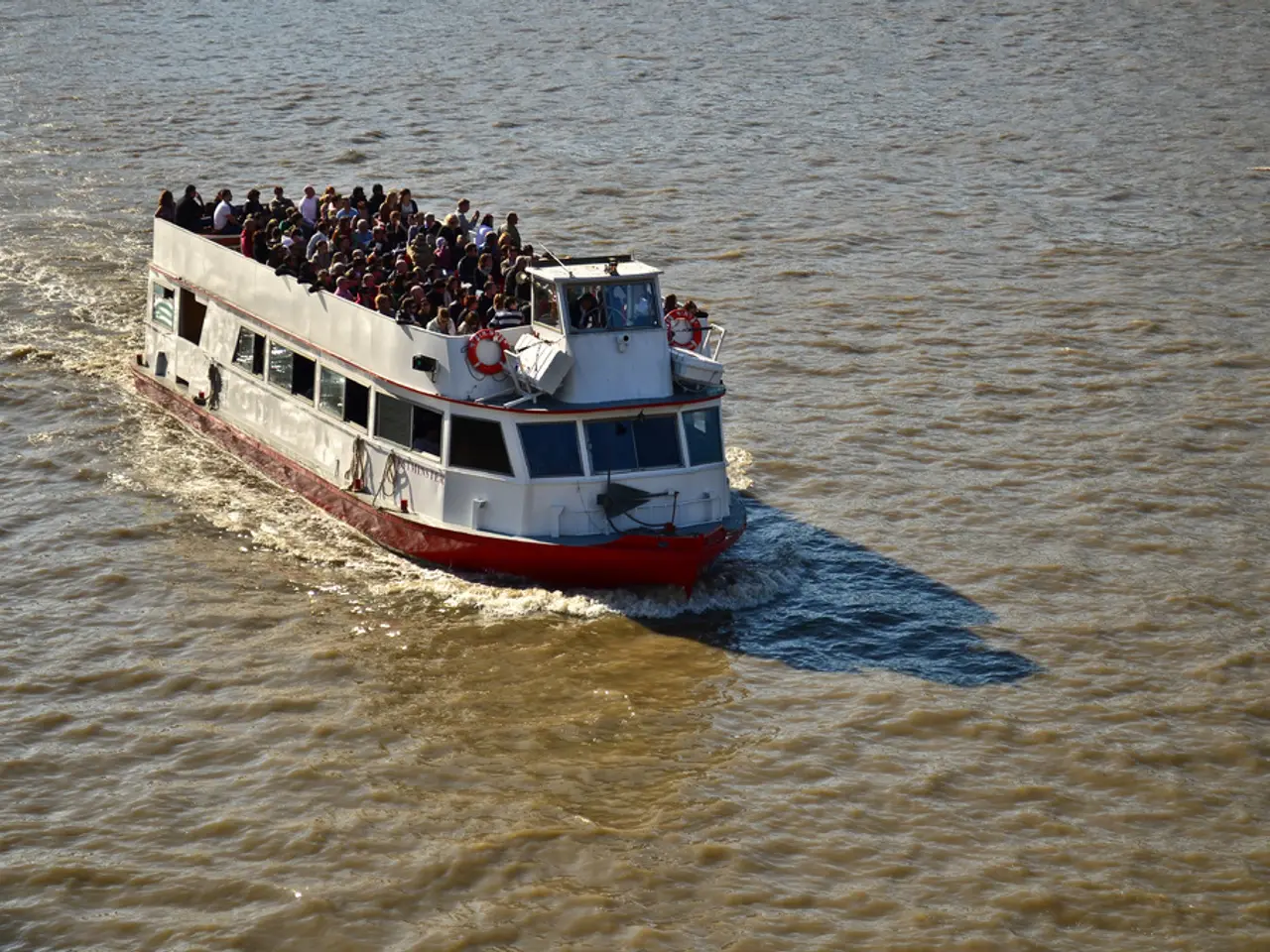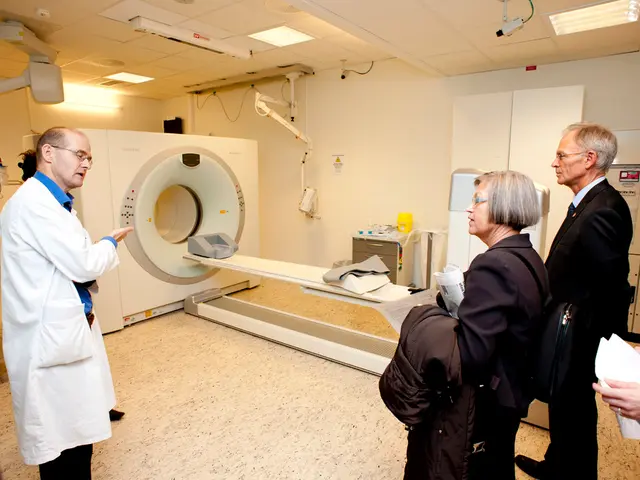Impact of Prolonged Sole Sailing on the Brain
Solo sailing, a challenging and solitary endeavour, places unique demands on the human mind and body. Extended periods alone at sea can have profound effects on a sailor's neurological well-being[1].
The continuous alertness required and the lack of social interaction can lead to a state of nervous system overwhelm, resulting in chronic stress responses[2][3]. This chronic stress can manifest as anxiety, emotional instability, and difficulties with focus and emotional resilience. In severe cases, it can even lead to disorders like mal de debarquement syndrome (MdDS), characterized by persistent sensations of rocking or swaying even after the motion has stopped[1].
Fatigue and sleep deprivation are significant issues for solo sailors, exacerbated by the need for constant vigilance. Age and cumulative maritime experience further deteriorate sleep quality, contributing to chronic fatigue[5]. This fatigue can impair cognitive and motor functions essential for safe navigation.
In summary, the neurological consequences for solo sailors on long voyages include persistent vestibular disturbances, nervous system dysregulation, chronic fatigue, and sleep deprivation[1][2][3][5]. These effects underscore the need for strategies to manage stress, promote rest, and possibly vestibular recalibration to support neurological health in solo sailors.
Mental exercises, such as puzzles, memory games, learning new skills, mindfulness, and meditation, are essential for maintaining cognitive health during long-duration solo sailing[4]. Maintaining some level of social interaction, through satellite communications, social media, or keeping a regular log or blog, is vital for solo sailors to reduce feelings of loneliness[4].
Comparative studies between solo sailors and non-sailors have shown varied results, with some studies suggesting that solo sailors develop better stress management skills and cognitive resilience, while others indicate a higher risk of cognitive impairment due to the extreme conditions faced at sea[6].
Understanding the cognitive implications of solo sailing is crucial for ensuring the safety and well-being of solo sailors. Long-term studies on solo sailors offer valuable data on the lasting effects of such voyages on cognitive health, indicating that prolonged exposure to the stressors of solo sailing can lead to lasting changes in brain function, particularly in areas related to memory and decision-making[7].
References:
- Mal de debarquement syndrome
- Nervous system dysregulation in solo sailors
- The impact of prolonged solitude on cognitive functions in solo sailors
- Maintaining cognitive health during long-duration solo sailing
- Sleep and cognitive function in solo sailors
- Comparative studies on cognitive health in solo sailors and non-sailors
- Long-Term Cognitive Effects of Solo Sailing
- The intense mental strain of solo sailing can lead to emotional exhaustion, causing a need for relaxation and stress management techniques.
- Developing emotional intelligence can help mitigate the emotional instability caused by extended periods alone at sea.
- The brain's capacity for cognition and memory can be affected by chronic fatigue, impairing performance on tasks requiring concentration.
- Engaging in mindfulness and meditation can help improve focus and emotional resilience, addressing some of the cognitive and emotional challenges faced by solo sailors.
- Memory games can help maintain and strengthen cognitive function, particularly memory, during long-duration solo sailing.
- Space-and-astronomy research provides insights into the neurological effects of prolonged isolation, which can be applied to understand the impacts of solo sailing on brain function.
- Scientific studies on medical-conditions like Mal de debarquement syndrome (MdDS) offer an understanding of the neurological disorders that sailors might encounter.
- The study of health-and-wellness and mental-health practices can provide valuable information on strategies to promote rest and protect neurological health during solo sailing.
- There is ongoing research into the neurological-disorders that can be associated with sleep disturbances, a significant issue for solo sailors.
- Comparative studies on cognitive health in solo sailors and non-sailors may reveal strategies that can be employed to ensure the well-being of solo sailors on long voyages.
- Long-term research on the lasting effects of solo sailing on brain function can help us better understand the implications of extended periods of isolation on cognition and decision-making abilities.




